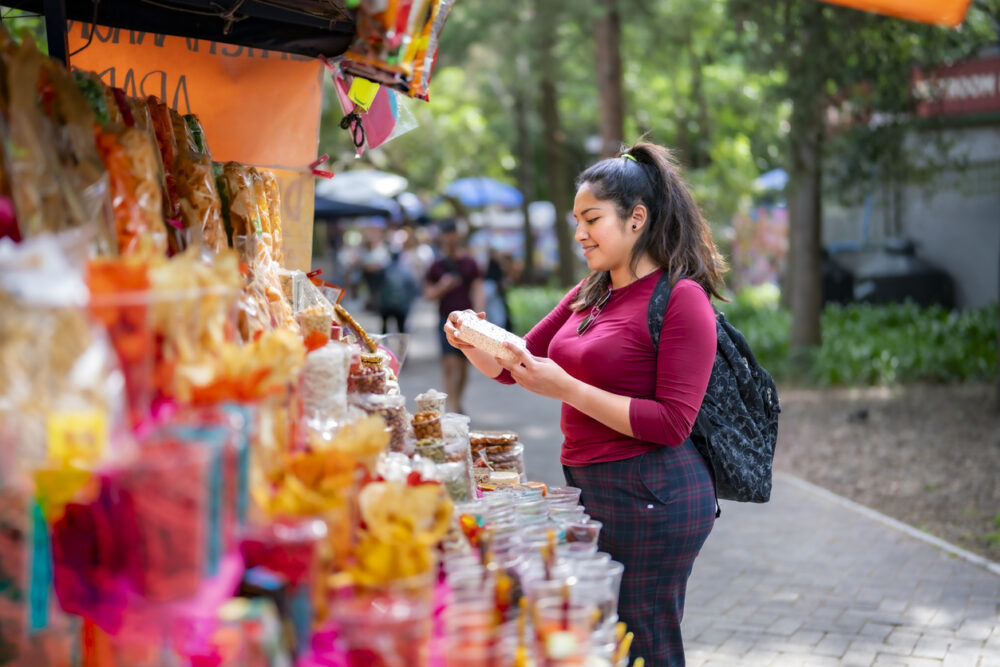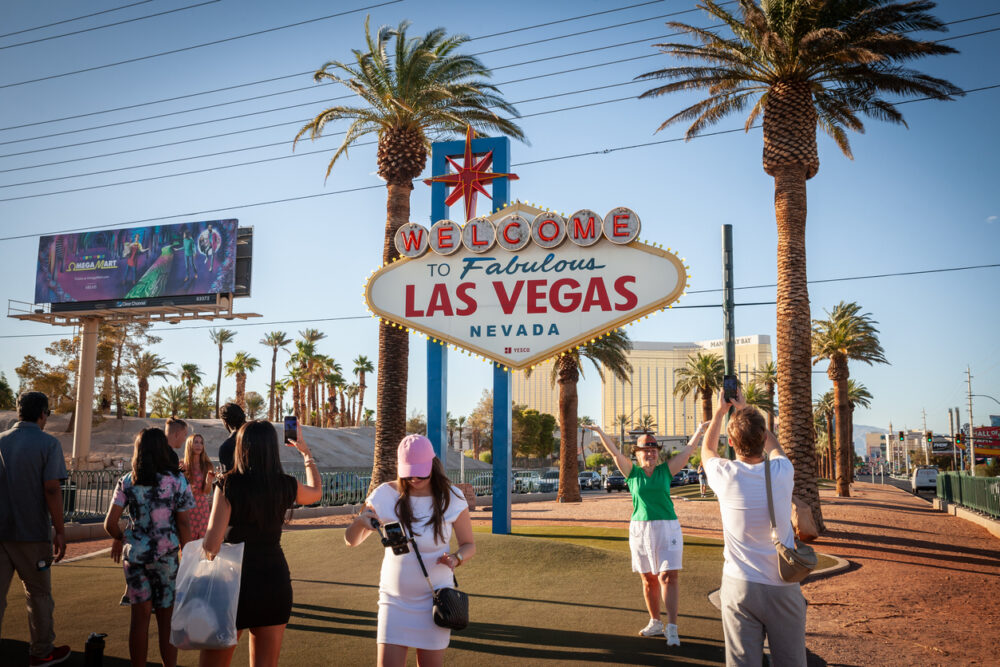A great vacation shouldn’t have to leave a scar on the earth.

Travel has the power to open our minds and enrich our lives, but it also has an undeniable environmental footprint. From the carbon emissions of our flights to the plastic waste we generate, our desire to see the world can inadvertently cause harm to the very places we’ve come to admire. The good news is that it doesn’t have to be this way.
By making a few small, conscious changes to our travel habits, we can significantly reduce our impact and become more responsible global citizens.
1. You buy single-use plastic water bottles every day.

The habit of buying a new plastic water bottle every time you’re thirsty is one of the biggest sources of plastic waste in the tourism industry. These bottles often end up in landfills or, even worse, in the ocean, as mentioned in DW. In many developing countries, the waste management systems are simply not equipped to handle the sheer volume of tourist-generated plastic.
Instead, invest in a reusable water bottle with a built-in filter. This allows you to safely refill your bottle from any tap, saving you money and preventing dozens of plastic bottles from ending up in a landfill on your trip.
2. You take short-haul flights instead of the train.

Planes are the most carbon-intensive form of transportation, and short-haul flights are particularly inefficient. The largest portion of a flight’s carbon emissions comes from the takeoff and landing. Choosing to take a one-hour flight instead of a four-hour train ride dramatically increases your carbon footprint for that leg of the journey.
In places with excellent rail networks, like Europe or Japan, always choose the train for journeys under five or six hours, BBC reports. It is not only much better for the environment, but it’s also often a more relaxing and scenic way to travel, taking you from city center to city center.
3. You use the hotel’s miniature toiletries.

Those tiny, single-use bottles of shampoo, conditioner, and lotion provided by hotels are an environmental nightmare. Millions of these half-used plastic bottles are sent to the landfill every single day, according to Greenly. They are a symbol of a disposable culture that is incredibly wasteful and completely unnecessary, especially in an era of climate change.
Instead, pack solid toiletries. Shampoo bars, conditioner bars, and solid soap eliminate the need for plastic bottles entirely. They are lightweight, last a long time, and are much better for the planet. It’s a simple switch that can make a huge difference.
4. You have your hotel room cleaned every single day.

The daily cleaning of a hotel room consumes a significant amount of water, electricity, and harsh cleaning chemicals. The washing of sheets and towels that have only been used once is particularly wasteful. Most of the time, a daily, full-service cleaning is completely unnecessary for a short stay.
Instead, hang the “do not disturb” sign on your door for the duration of your stay, or at least for a few days at a time. This signals to the hotel that you are opting out of daily housekeeping, which conserves a huge amount of resources.
5. You only eat at familiar, international chain restaurants.

Eating at a McDonald’s or a Starbucks when you are abroad doesn’t just rob you of an authentic cultural experience; it’s also bad for the planet. These global chains have massive carbon footprints due to their long and complex international supply chains. The food has often traveled thousands of miles to get to your plate.
Instead, seek out small, locally owned restaurants that serve traditional cuisine. These establishments are much more likely to be using fresh, seasonal ingredients sourced from local farms, which is not only better for the environment but also supports the local economy directly.
6. You haggle aggressively for every last penny.

In many cultures, haggling is a normal and expected part of shopping at a local market. However, there is a difference between friendly bargaining and aggressively haggling a local artisan or vendor down to their absolute lowest price. For you, the difference of a few dollars might be negligible, but for the person you are buying from, it could be a significant portion of their daily income.
Instead, bargain respectfully and be willing to pay a fair price for a handmade item. Remember that your tourism dollars are a powerful tool, and supporting local artisans with a fair wage is a key part of responsible travel.
7. You participate in unethical wildlife encounters.

The desire to get up close and personal with exotic animals is a powerful draw for tourists. Unfortunately, many of the attractions that offer this are incredibly cruel. This includes things like riding elephants, petting tigers, or taking a selfie with a monkey. These animals are often captured from the wild, abused during training, and kept in terrible conditions.
Instead, choose to observe animals in their natural habitat with a reputable and ethical tour operator that keeps a respectful distance. Visit a legitimate animal sanctuary that focuses on rescue and rehabilitation, not on entertainment. Your choices can help to end this cruel industry.
8. You buy mass-produced, generic souvenirs.

The souvenir shops in major tourist areas are often filled with the exact same mass-produced trinkets that have been imported from thousands of miles away. These items have a high carbon footprint and do nothing to support the local economy or its traditional crafts. They are a form of disposable, meaningless consumerism.
Instead, seek out authentic, locally made crafts. Visit a local artisan market, a weaver’s cooperative, or a pottery studio. Buying directly from the person who made the item ensures that your money is supporting the local community and helps to keep traditional craft skills alive. The souvenir will also be much more meaningful.
9. You ignore the “unseen” water and energy consumption.

Your environmental impact on vacation is more than just your flight. It includes the long, hot showers you take at the hotel, the air conditioning running in your room all day, and the daily washing of your towels. In many popular tourist destinations, especially on small islands or in arid regions, fresh water is an incredibly scarce and precious resource.
Instead, be mindful of your consumption. Take shorter showers, turn off the lights and air conditioning when you leave the room, and reuse your towels for multiple days. These small acts of conservation, when multiplied by millions of tourists, can make a huge difference.
10. You contribute to overtourism by traveling in peak season.

Flocking to a popular destination during the busiest time of the year is a major contributor to the problem of overtourism. This puts an immense strain on the local infrastructure and the environment, and it can make life unbearable for the local residents. Your presence, along with millions of others, is part of the problem.
Instead, try to travel during the “shoulder season” (the months just before and after the peak season) or the off-season. You will be rewarded with fewer crowds, lower prices, and a much more authentic and relaxed experience, all while reducing your impact on the destination.
11. You don’t speak up or ask questions.

Being a responsible traveler also means being an informed and engaged one. When you are booking a tour or an excursion, don’t be afraid to ask questions about the company’s environmental and social practices. Ask them how they work with the local community, what their policy is on waste, or how they ensure that their wildlife tours are ethical.
A company that is genuinely committed to sustainability will be happy and proud to answer these questions. A company that is evasive or dismissive is probably not one you want to support. Your questions send a powerful message to the industry that travelers care about these issues.
